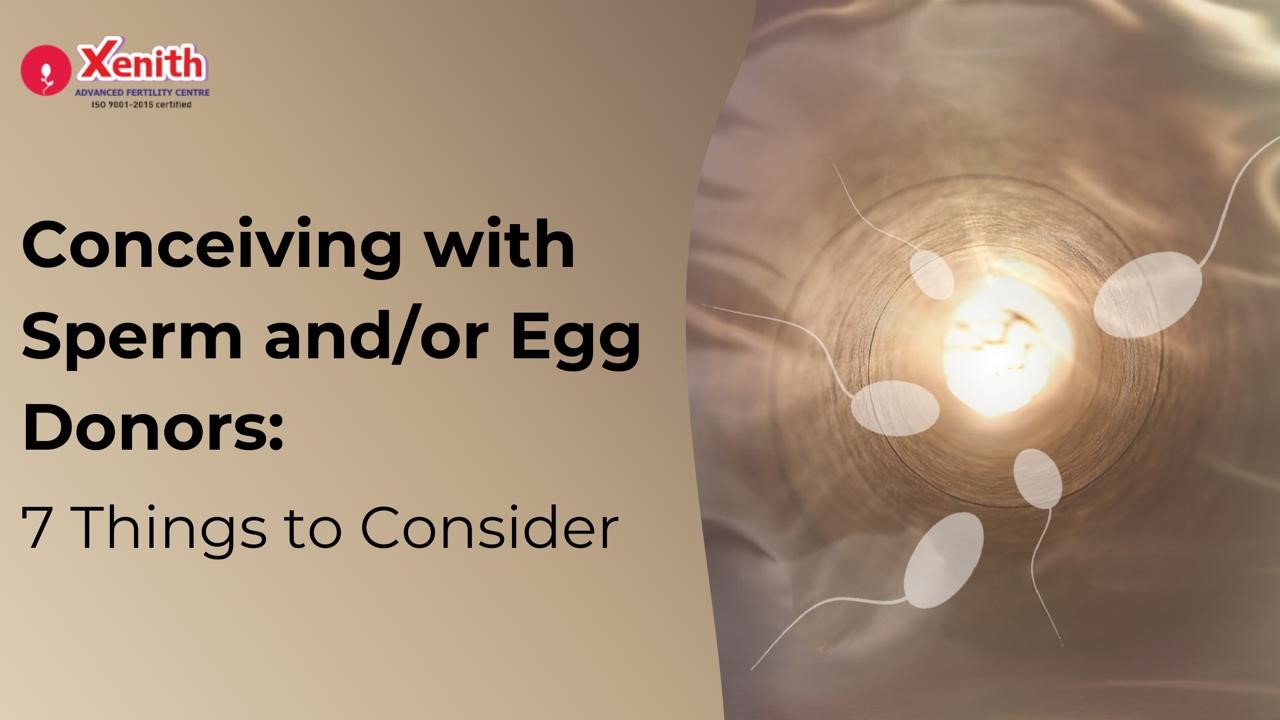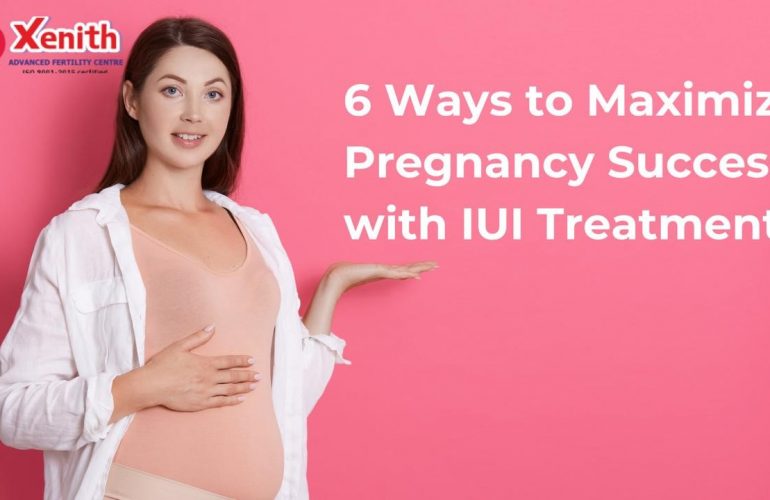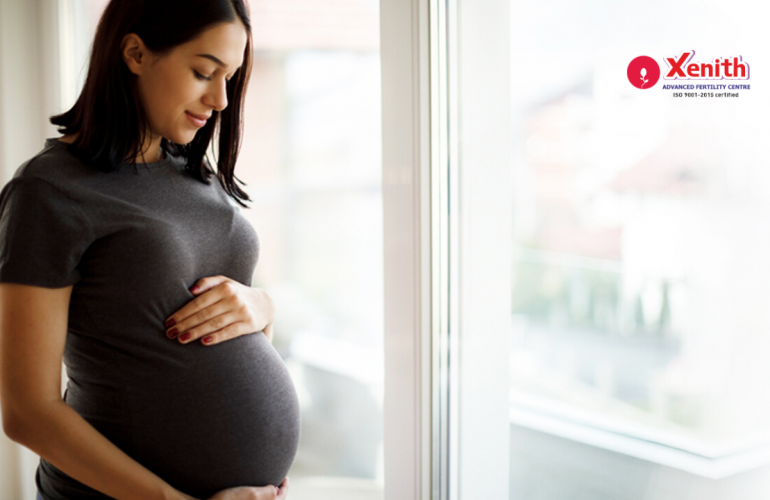Couples tend to have children later on in life and sometimes don’t realize that while they put off parenting, the fertility clock is ticking. After the age of 35, the eggs in a woman’s ovaries begin to decline not just in number, but in quality as well. Healthy eggs are required for fertilization to take place. That goes for sperm, too. A man is fertile for most of his life but recent research shows a worrying trend toward declining sperm health in Indian men over the last 40 years.
Infertility issues may arise because of an age factor or due to other physiological reasons. But there is good news. There are so many wonderful options available today for parents who are unable to conceive using their own sperm or eggs.
Egg and sperm donation is on the rise all over the world giving childless couples much hope. However, the choice of using donor sperm/egg is a very personal one and each couple must decide what is right for themselves.
Your options may depend on the issues related to infertility. Here are some scenarios:
1. A woman’s eggs are not viable for fertilization
Women can still experience pregnancy, childbirth, and breastfeeding by using donor eggs.
What you should consider
Couples who want to use donor eggs :
- Using eggs from a donor. Oocyte donors can be commercial donors who donate their eggs for compensation of their time and effort or from women who are undergoing their own IVF cycles and have excess eggs to donate. However due to the option of oocyte and embryo freezing where excess eggs or embryos can be stored for future use, either after a failed IVF cycle or even for a second pregnancy, most of the times couples do not wish to donate their eggs when they are first retrieved. Commercial egg donation hence is usually a faster and more reliable option for couples. A profile of the egg donor regarding their medical history, educational qualifications, personality, appearance, physical height and weight, profession, is shared with the couple.
Using eggs from someone you know is not allowed by law in India. The oocyte donor has to be anonymous and cannot be an acquaintance, friend, or a family member.
2. There is no sperm in the male partner or the sperm is not healthy enough for fertilization
If a woman’s eggs are viable, couples have the choice of using donor sperm.
What you should consider
The same option is available for choosing a sperm donor. Donor sperm is usually taken from Sperm banks, where the semen of donors has been cryopreserved for a minimum of 6 months. A similar kind of profile as in oocyte donors is shared with the couple.
3. Both the eggs and sperm of the couple are not viable for fertilization
Fertilization takes place through IVF and the newly formed embryo is placed in the uterus of the female partner. The child that will be born is not biologically related to either parent. Here the oocyte as well as the sperm comes from a donor. There are multiple reasons why a donor embryo may be used by a couple. Complete evaluation and counseling is required before going ahead with donor gametes or donor embryo treatments.
4. Bonding with your baby
A question that is commonly asked when considering donor eggs/sperm is: If my baby is not biologically mine, will I be able to bond with the baby? It is perfectly normal to feel anxious or doubtful. At Xenith, we’ve seen hundreds of babies being born through sperm/egg donation and we can tell you that when you hold that child in your arms, every couple “knows” this is “their” child. Bonds of love and affection are instinctive.
5. Coming to terms
To begin the process of using donor eggs/sperm, both partners have to come to terms and perhaps overcome the sadness that comes with not being able to have your own biological children. This is an important step in the journey toward having a baby using donated sperm/egg.
6. What is a family and who’s in it?
We suggest couples take some time to consider their idea of “family”. How would you feel about the baby not being genetically related or only partially related to either partner? An important aspect is also to understand the effects of “nature vs nurture”. Egg or sperm donation does give the couple a chance of being able to have at least 50% of their own genetic material and several couples are enjoying the bliss of parenthood with these options.
At Xenith we do complete counseling and give the couple time to assimilate their feelings regarding this option and guide them to take an informed decision.
7. Legalities of using donated sperm/eggs
And lastly, consider all the legal implications. Our counselors are there to guide you every step of the way.
Note: Xenith only uses sperm/eggs derived from anonymous donors and a legal sperm bank which complies to Indian laws and regulations. Childless couples are on the rise. Couples should not think they are alone in this type of situation. Many couples at Xenith have found their dreams come true using donated eggs and/or sperm. There is some effort you need to take to understand all the issues involved so that you can make the right decision – a decision that is right for you and your partner.




